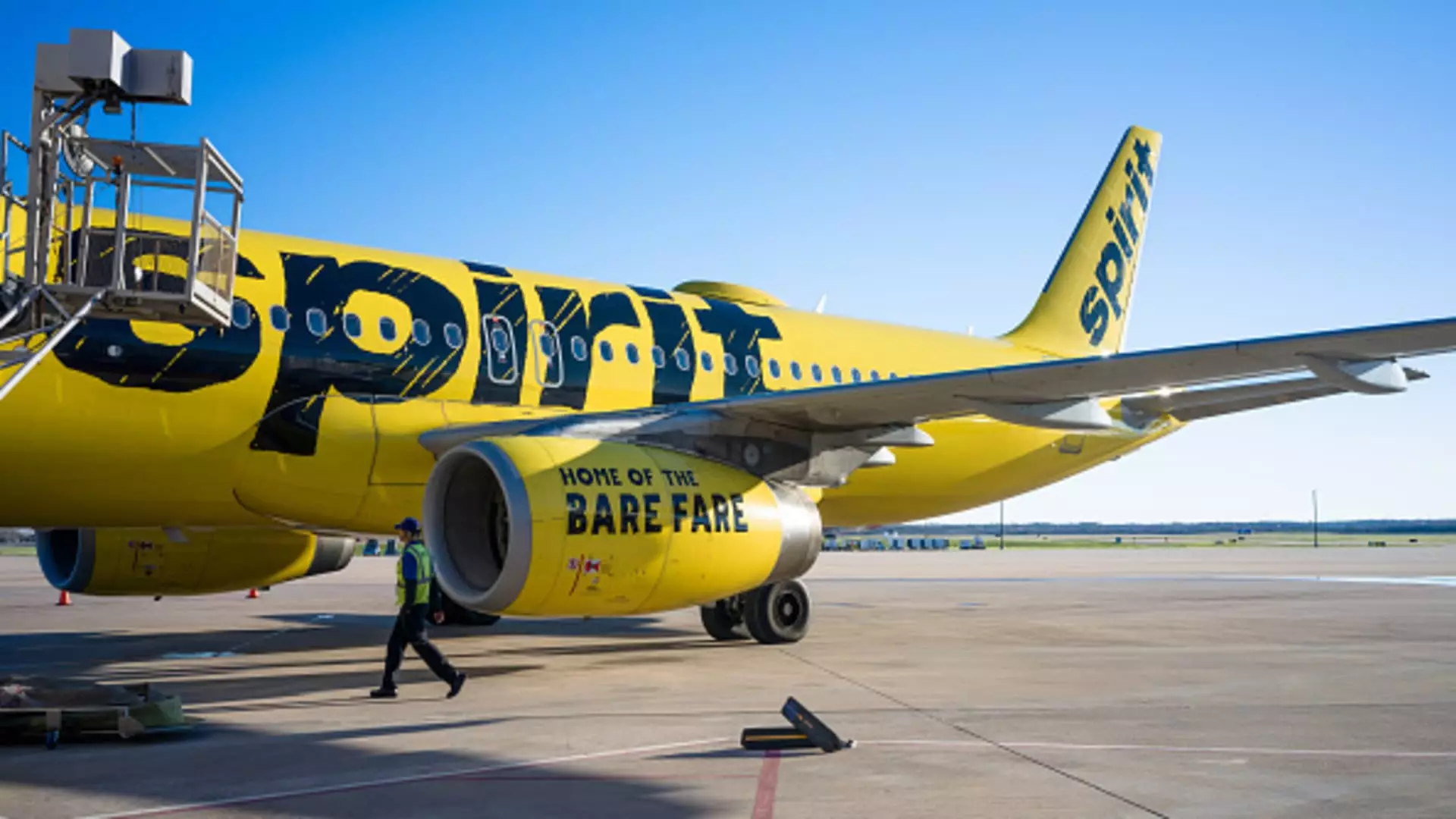Spirit Airlines recently announced that the last quarter saw a wider loss than originally anticipated. The company projects an adjusted loss between $160 million and $173 million, a significant increase from their initial estimate of a loss not exceeding $145 million. This difference is largely attributed to a decrease in revenue, which is expected to be around $1.28 billion compared to the forecast of at least $1.32 billion. One of the key factors contributing to this outcome is the lower-than-expected non-ticket revenue per passenger, which has impacted the company’s overall financial performance.
Market Competition and Strategy
In response to the evolving landscape of the airline industry, Spirit Airlines, alongside its competitor Frontier Airlines, has adopted a new approach to ticket sales. By introducing bundled offerings that include services like seat assignments and carry-on bags, the airline aims to align its business model with that of larger competitors. This shift in strategy reflects the company’s commitment to adapt to changing market dynamics and enhance its revenue streams. As part of its transformation strategy, Spirit Airlines anticipates an improvement in total revenue per passenger segment over time.
Operational Challenges
Despite its efforts to innovate and remain competitive, Spirit Airlines faces several challenges that impact its operational performance. The oversupplied U.S. domestic market poses a significant hurdle for the company, affecting its ability to generate sustainable revenue growth. Additionally, an engine recall initiated by supplier Pratt & Whitney has led to the grounding of dozens of aircraft, further disrupting the airline’s operations. Moreover, the fallout from a federal judge’s decision to block a proposed acquisition by JetBlue Airways earlier this year has added complexity to Spirit Airlines’ strategic planning and future prospects.
Spirit Airlines’ recent financial setback underscores the importance of addressing market challenges and implementing effective strategies to drive growth and profitability. By embracing transformation and adapting to industry trends, the company can enhance its competitive position and create value for its stakeholders. Despite the obstacles it faces, Spirit Airlines remains resilient in navigating the complexities of the aviation sector and striving for long-term success.

